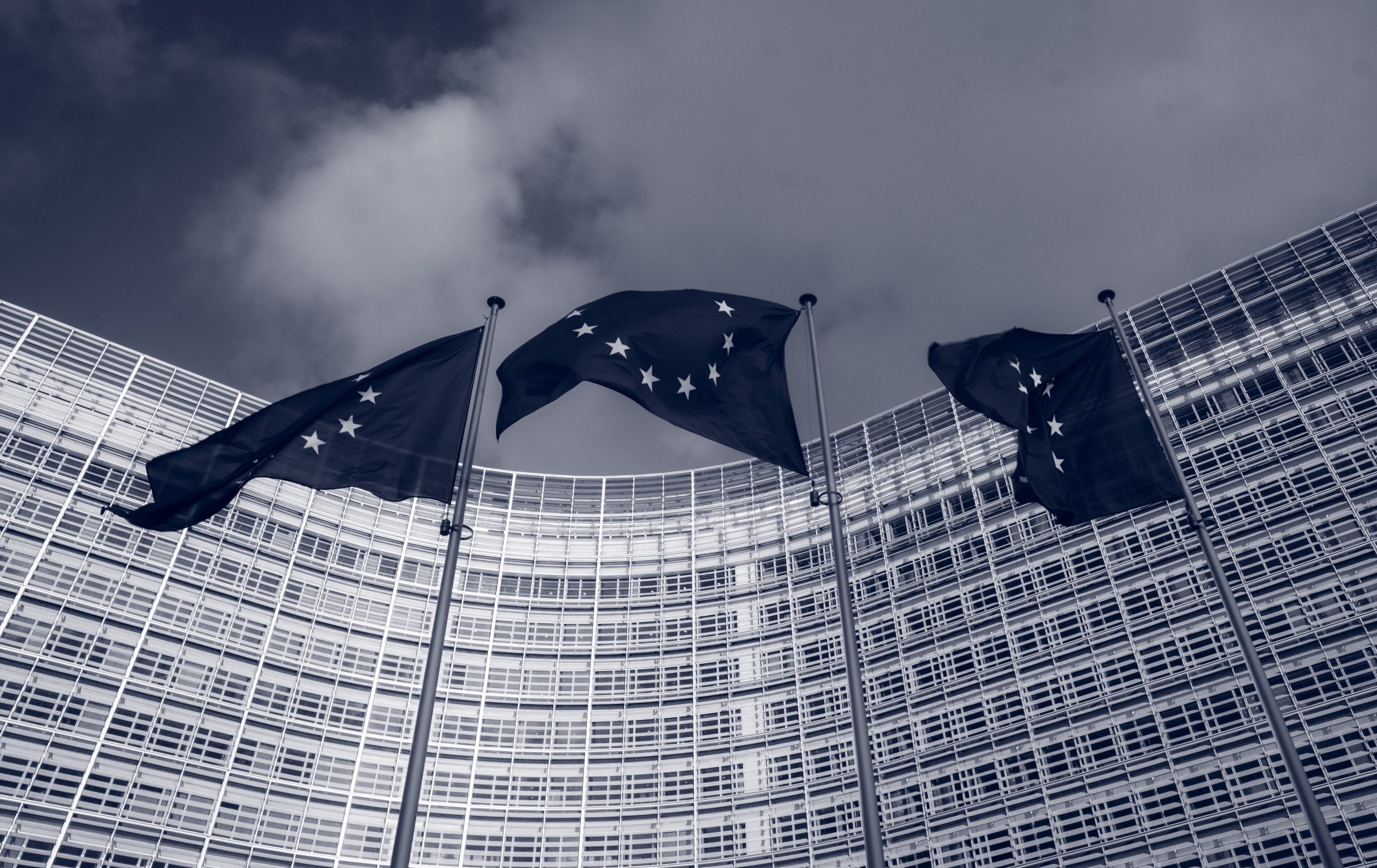
How to improve the climate and energy governance rules
The governance framework and rules adopted in 2018 have become outdated as since then the EU has collectively committed to achieve climate neutrality by mid-century, which required to revise upward the 2030 target and significantly accelerate decarbonisation via the Fit for 55 policy package. What can be done now?
The European Commission has opened a call for evidence to gather evidence and assess the functioning of the Governance Regulation. The governance rules and frameworks established with the Regulation guarantee that the climate and energy legislation is planned, implemented, monitored and reviewed in a coordinated and consistent manner with the EU’s energy and climate target, including the climate neutrality goal, across all member states. Without such a governance infrastructure, the mere adoption of environmental and climate legislation, sectoral and economy-wide, is not a sufficient guarantee of success in achieving the sustainable transformation needed.
T&E welcomes the opportunity to respond to the call of evidence and with this document aims at addressing some areas of improvement of EU energy and climate governance.
The governance framework and rules adopted in 2018 have become outdated as since then the EU has collectively committed to achieve climate neutrality by mid-century, which required to revise upward the 2030 target and significantly accelerate decarbonisation via the Fit for 55 policy package. Moreover, geopolitical events, such as the war in Ukraine, have exacerbated security of energy supply issues and worsened the economic distress started with the pandemic in 2020, pointing more than ever to the necessity to switch to a fossil fuel free economy and to keep together energy security, climate mitigation, industrial strategy and social policies. However, in the meantime, some of the governance instruments made available by the Governance Regulation to govern the EU’s and its member states’ transition to the long term goal of emission-free economy, namely the National Energy and Climate Plans (NECPs) and the Long Term Strategies (LTSs), have proved to be flawed.
Find out what can be improved in our briefing.
